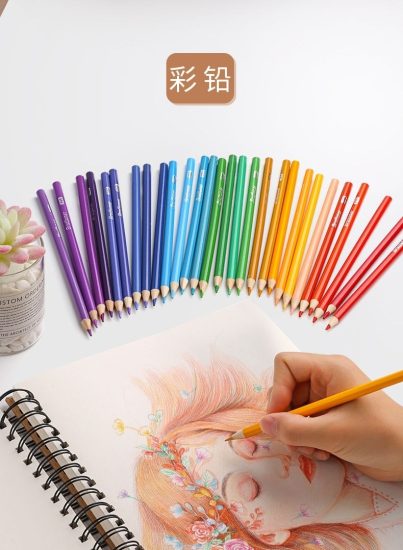Sketchbooks play a crucial role in developing and honing artistic skills. Here are some ways in which sketchbooks have the power to enhance your artistic abilities:
- Observation and Visual Perception: Sketching regularly in a sketchbook trains your eye to observe details, proportions, shapes, and values more keenly. Through practice, you develop the ability to capture the essence of subjects and perceive subtle nuances. This heightened visual perception translates into improved accuracy and realism in your artwork.
- Skill Building and Experimentation: Sketchbooks provide a safe space for experimentation and skill building. They allow you to explore new techniques, materials, and styles without the pressure of creating a finished piece. By trying different approaches in your sketchbook, you can push your boundaries, learn from mistakes, and develop your artistic repertoire.
- Understanding Form and Structure: Sketching in a sketchbook enables you to study and understand the form and structure of objects, figures, and environments. Through regular practice, you gain an intuitive understanding of how different elements relate to each other, such as anatomy, perspective, and composition. This understanding translates into more accurate and convincing artwork.
- Creative Exploration and Idea Generation: Sketchbooks serve as a playground for your imagination. They provide a space for brainstorming, generating ideas, and exploring creative concepts. By freely sketching and doodling, you can uncover new artistic directions, experiment with compositions, and develop unique visual solutions.
- Developing a Personal Style: Consistently working in a sketchbook allows you to develop and refine your own artistic style. As you explore different subjects, techniques, and themes, you begin to discover what resonates with you and what sets your artwork apart. Sketchbooks provide a platform for refining and solidifying your personal style through continuous exploration and practice.
- Practicing Composition and Visual Storytelling: Sketchbooks provide opportunities to practice composition and visual storytelling. By arranging sketches on a page, experimenting with focal points, and considering the flow of visual elements, you develop a stronger sense of composition. Additionally, sketching sequential drawings or storyboards in a sketchbook helps you convey narratives and develop your storytelling skills.
- Building a Visual Reference Library: Over time, your sketchbook becomes a valuable visual reference library. By documenting various subjects, textures, lighting conditions, and environments, you create a personal archive of visual information. This reference library can inspire future artwork, serve as a resource for studies, or help you recall specific details when needed.
- Tracking Progress and Growth: Regularly using a sketchbook allows you to track your progress and growth as an artist. By dating your entries and regularly reviewing older sketches, you can see how your skills have improved, identify areas for further development, and celebrate milestones in your artistic journey.
- Boosting Confidence and Overcoming Creative Blocks: Sketchbooks offer a low-pressure environment for creative exploration. They can boost your confidence by providing a platform to experiment, take risks, and overcome creative blocks. The informal nature of sketching in a sketchbook allows for more freedom and encourages a mindset of continuous learning and growth.
- Cultivating Discipline and Consistency: Maintaining a sketchbook cultivates discipline and consistency in your artistic practice. By dedicating regular time to sketching, you develop a habit of creativity and create a productive routine. Consistency in sketching leads to progress and helps you make the most of your artistic potential.
In summary, sketchbooks have a powerful impact on developing artistic skills. They provide opportunities for observation, experimentation, creative exploration, skill building, and personal growth. Embrace the power of sketchbooks as an integral part of your artistic journey and see how they contribute to your artistic development and self-expression.


